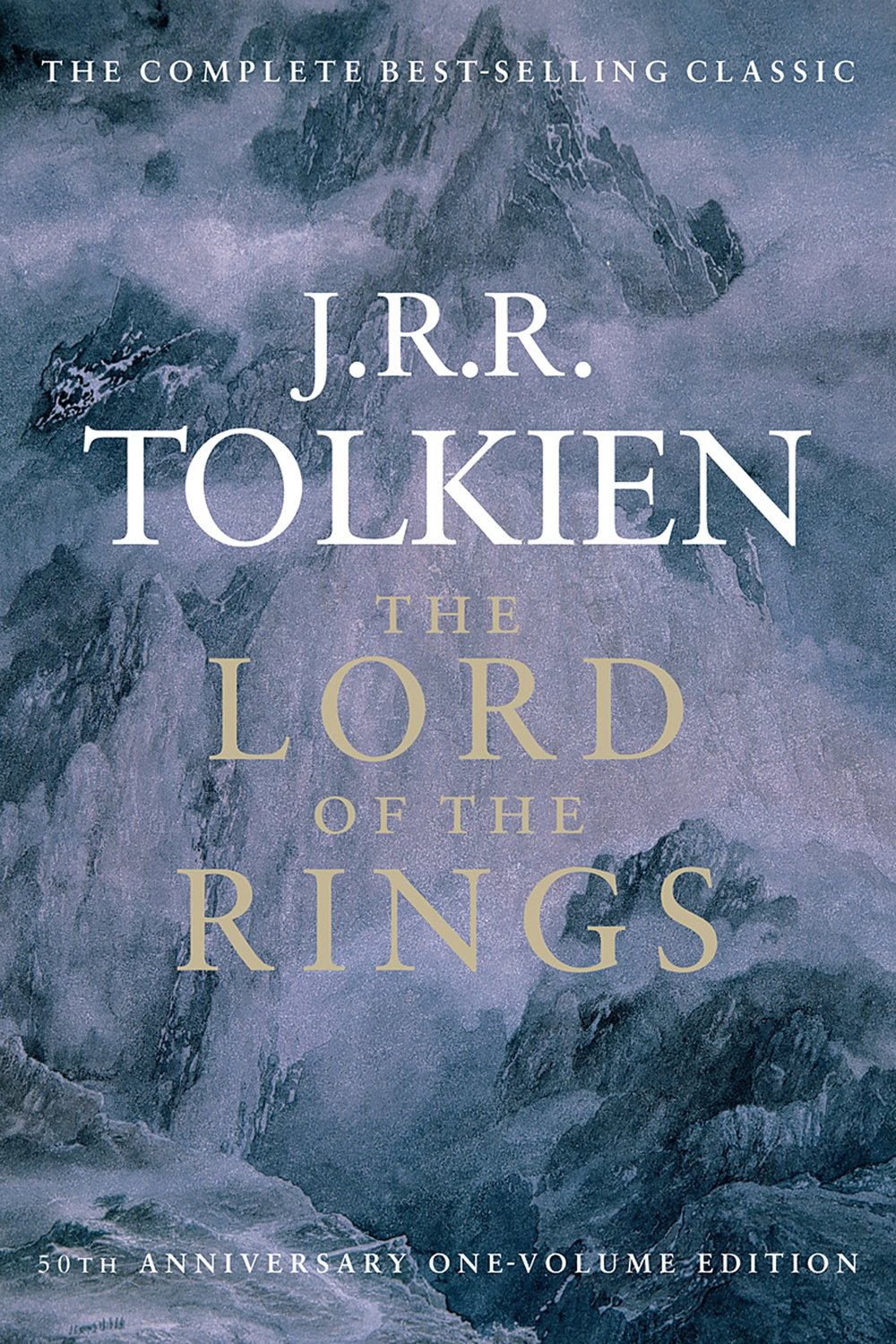Despite being published as a trilogy, it is actually one book divided into three: The Fellowship of the Ring, The Two Towers, and The Return of the King. It is denser and has a more adult sensibility than Tolkien’s previous book set in Middle-Earth, The Hobbit, to which it is the sequel (though it can be read by all ages). There are hundreds of characters, and the world of Middle-Earth is described in incredible detail. It is thematically rich, and though Tolkien intentionally avoided allegory, he nevertheless imbued it with poetry and symbolism.
The emotional core of the book is the relationship between Frodo and his best friend, Samwise Gamgee. After spending Fellowship among friends, they are forced to abandon them and continue the quest alone. They are very atypical heroes, small and vulnerable, used to home comforts (as all hobbits are), but having to take on a heavy burden and face the wider world. There are clear parallels to be made with the experience of young soldiers in WWI, and Tolkien himself stated that Sam was ‘a reflexion of the English soldier, of the privates and batmen I knew in the 1914 war, and recognised as so far superior to myself’.
Where Tolkien differs from his legion of imitators is in his ethos. The Lord of the Rings is a work of deep compassion and care for humanity. There is an emphasis on friendship and brotherhood, an almost egalitarian perspective compared to Sauron’s desire to dominate. The depiction of heroism is also in stark contrast to the traditional ideal of the strong, masculine warrior. This ideal is in fact associated in the book with evil, as it’s the image used by the Ring to tempt those who hold it to use it against Sauron, thereby playing into his hands. Heroism in The Lord of the Rings is achieved by mutual care and support, people helping each other rather than forging ahead alone.
There are plenty of justifiable criticisms to make of The Lord of the Rings, both technical (the excessive description, an over-reliance on worldbuilding) and ethical (the depiction of race and the lack of female characters). Tolkien was politically a conservative, and that ideology did feed into his writing. However, there are more than enough positive elements to make it a worthwhile read: the wonderful writing, the memorable characters, the excitement of adventure, and the quiet mournfulness at the story’s core. There’s a reason why it’s still enjoyed nearly 70 years later – it’s simply one of the best books ever written.
Review by Charlie Alcock

 RSS Feed
RSS Feed
